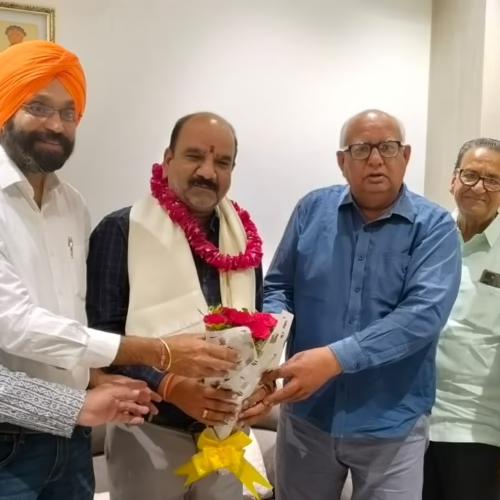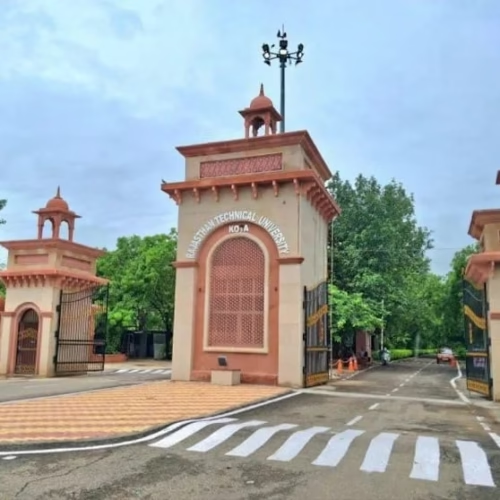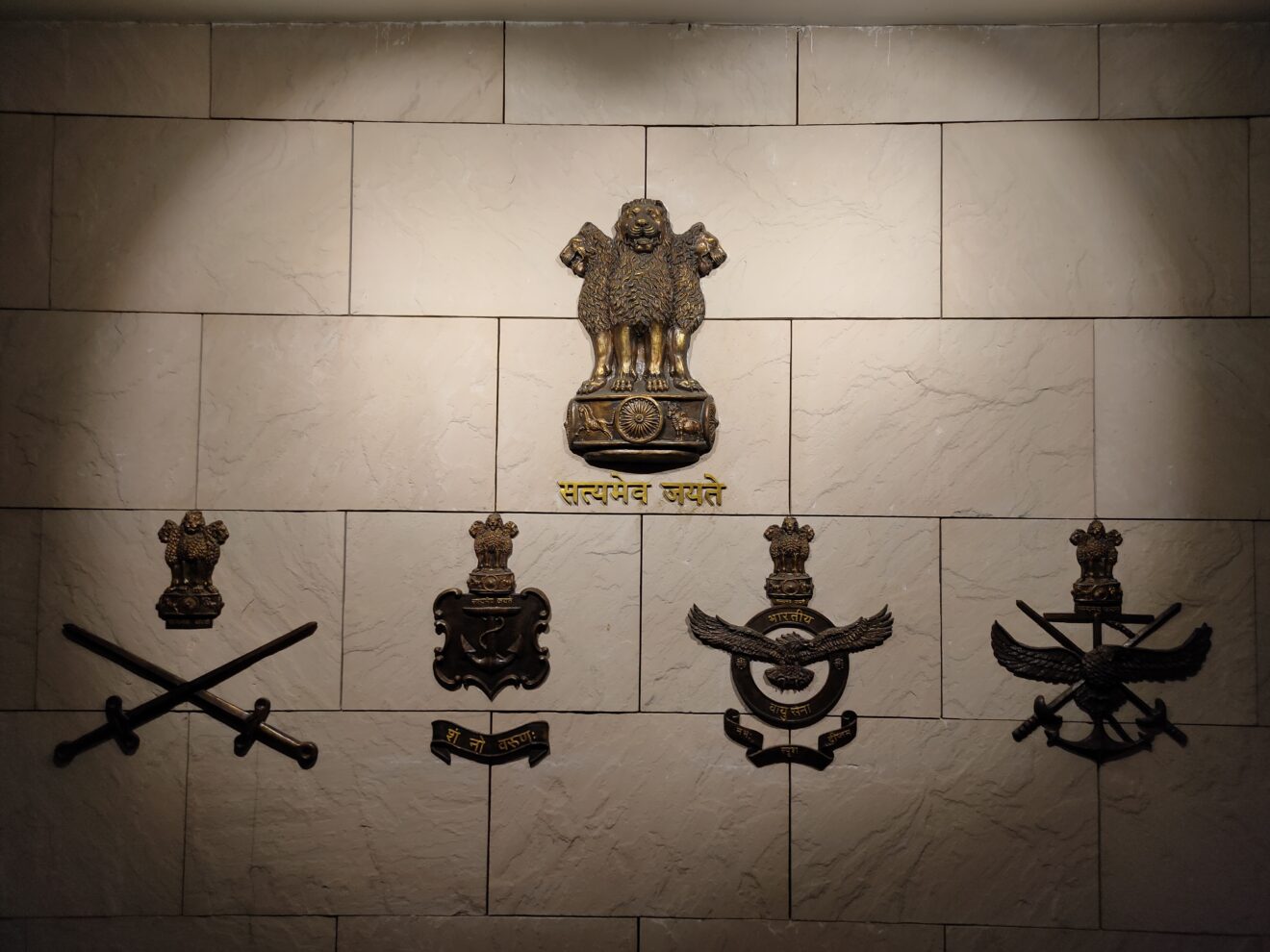Indian Coast Guard Chairs 137th Offshore Security Coordination Committee Meet in Delhi, Emphasises Strengthened Joint Response for Energy Infrastructure Protection
By Defence Journalist Sahil
New Delhi, June 12, 2025 – In a significant development aimed at bolstering the security architecture around India’s vital offshore energy assets, the Indian Coast Guard (ICG) chaired the 137th meeting of the Offshore Security Coordination Committee (OSCC) in New Delhi today. This high-level strategic meet, attended by senior representatives from various central ministries, security agencies, armed forces, and state police forces, focused on strengthening the preparedness and joint response mechanisms to ensure the safety and resilience of India’s offshore infrastructure in the face of emerging threats.
Held under the leadership of Director General ICG Paramesh Sivamani, the committee reviewed current offshore security protocols and deliberated on the evolving threat landscape, especially in the wake of geopolitical tensions, maritime security challenges, and the increasing importance of energy infrastructure to India’s strategic and economic framework.
Focus on Energy Security and Joint Operational Capability
Addressing the committee, DG Sivamani emphasized, “Energy security is national security. The protection of our offshore installations is not just about asset safety but about ensuring uninterrupted growth and self-reliance in the energy sector. All agencies must be in a constant state of coordination and operational readiness.”
The DG’s address highlighted the strategic value of offshore assets like oil platforms, floating storage units, underwater pipelines, and refineries, especially those operated by PSUs such as ONGC, which have long been potential targets for both asymmetric and hybrid threats, including cyber, drone-based, or even maritime sabotage operations.
Participation of Key Stakeholders
The 137th OSCC meeting saw the active participation of crucial stakeholders from:
- Indian Navy and Indian Air Force – for operational synergy in maritime domain awareness and aerial reconnaissance.
- Ministry of Home Affairs and Ministry of External Affairs – for internal coordination and global intelligence tracking.
- Directorate General of Hydrocarbons (DGH) and Ministry of Petroleum & Natural Gas – representing the primary custodians of India’s offshore production.
- Directorate General of Shipping and ONGC – ensuring the security of commercial shipping and operational energy platforms.
- Intelligence Bureau (IB) – presenting threat assessments and situational analysis.
- State Police forces from Gujarat, Maharashtra, and Andhra Pradesh – vital coastal states with heavy offshore presence.
Their coordinated input was critical in outlining the future roadmap of integrated offshore security, incident response simulation, and domain-specific threat mitigation plans.
OSCC: A Pillar of Offshore Security Since 1978
Constituted in 1978, the OSCC has been instrumental in providing policy guidance and real-time coordination mechanisms to ensure the effective protection of India’s Offshore Defence Area (ODA). Over the decades, it has evolved from a static policy body to a dynamic operational entity that not only assesses threats but also actively coordinates inter-agency drills, incident reporting protocols, and real-time threat responses.
Emphasis on Emerging Challenges and Technological Upgradation
The meeting also acknowledged the increasing complexities in the maritime domain, with participants agreeing on the need to upgrade surveillance systems, underwater threat detection technologies, satellite integration, and Unmanned Aerial Systems (UAS) for real-time monitoring.
Special mention was made of recent global maritime incidents where offshore assets were targeted, underlining that India must remain ahead of the curve by adopting next-gen technologies and intelligence-sharing mechanisms.
A call was made for annual joint drills, involving all stakeholders, especially to simulate multi-pronged attacks (physical, cyber, and aerial) and evaluate the coordination readiness of India’s offshore security apparatus.
The meeting concluded with the resolution that the Indian Coast Guard, as the lead maritime agency, would initiate a proposal for structured capacity building programs across all involved agencies, focusing on threat forecasting, rapid deployment, and smart analytics.
भारतीय तटरक्षक बल ने दिल्ली में 137वीं अपतटीय सुरक्षा समन्वय समिति की बैठक की अध्यक्षता, ऊर्जा परिसंपत्तियों की सुरक्षा पर दिया गया विशेष जोर
डिफेंस जर्नलिस्ट साहिल
नई दिल्ली, 12 जून 2025 – भारत की अपतटीय ऊर्जा संपत्तियों की सुरक्षा को और अधिक सशक्त बनाने के लिए आज राजधानी दिल्ली में भारतीय तटरक्षक बल (ICG) की अध्यक्षता में 137वीं अपतटीय सुरक्षा समन्वय समिति (OSCC) की महत्वपूर्ण बैठक आयोजित की गई। इस उच्च स्तरीय बैठक का उद्देश्य भारत की अपतटीय सुरक्षा व्यवस्था की प्रभावशीलता की समीक्षा करना तथा संयुक्त प्रतिक्रिया तंत्र को और अधिक मजबूत बनाना था।
बैठक की अध्यक्षता तटरक्षक महानिदेशक परमेश शिवमणि ने की। उन्होंने सभी संबंधित एजेंसियों से ऊर्जा सुरक्षा को सर्वोच्च प्राथमिकता देने और अपतटीय परिसंपत्तियों की सुरक्षा के लिए समन्वय और सतर्कता बनाए रखने की अपील की।
ऊर्जा सुरक्षा = राष्ट्रीय सुरक्षा
महानिदेशक शिवमणि ने अपने संबोधन में कहा, “ऊर्जा सुरक्षा, राष्ट्रीय सुरक्षा है। हमारी अपतटीय संरचनाएं केवल आर्थिक संपत्तियां नहीं हैं, ये भारत की आत्मनिर्भरता और विकास के स्तंभ हैं। सभी एजेंसियों को एकीकृत और सक्रिय सुरक्षा तंत्र बनाकर कार्य करना होगा।”
उन्होंने ओएनजीसी जैसे सार्वजनिक उपक्रमों द्वारा संचालित अपतटीय प्लेटफार्मों, फ्लोटिंग स्टोरेज इकाइयों और पाइपलाइनों के महत्व पर जोर देते हुए कहा कि इन्हें पारंपरिक और अपारंपरिक दोनों प्रकार के खतरों से सुरक्षा प्रदान करना अत्यंत आवश्यक है।
बैठक में प्रमुख एजेंसियों की भागीदारी
बैठक में भाग लेने वाले प्रमुख संगठनों में शामिल थे:
- भारतीय नौसेना और वायु सेना – समुद्री और हवाई निगरानी के लिए
- गृह मंत्रालय और विदेश मंत्रालय – आंतरिक समन्वय और वैश्विक खुफिया निगरानी के लिए
- तेल और प्राकृतिक गैस मंत्रालय व हाइड्रोकार्बन महानिदेशालय (DGH) – ऊर्जा उत्पादन प्रबंधन के लिए
- डायरेक्टरेट जनरल ऑफ शिपिंग, ओएनजीसी और खुफिया ब्यूरो – शिपिंग और खुफिया विश्लेषण के लिए
- गुजरात, महाराष्ट्र और आंध्र प्रदेश की राज्य पुलिस – अपतटीय क्षेत्रों में त्वरित कार्रवाई के लिए
1978 से अपतटीय सुरक्षा का मार्गदर्शक OSCC
1978 में गठित OSCC ने अपतटीय सुरक्षा व्यवस्था को मजबूत दिशा देने में महत्वपूर्ण भूमिका निभाई है। यह समिति नीति निर्माण, प्रशिक्षण, समन्वित अभ्यास और त्वरित प्रतिक्रिया प्रणाली के विकास में सहायक रही है। समय के साथ, समिति ने कई राष्ट्रीय स्तर के सुरक्षा अभ्यासों का सफल संचालन किया है।
उभरते खतरों और नई तकनीकों पर विशेष चर्चा
बैठक में साइबर खतरे, ड्रोन हमलों और समुद्री आतंकवाद जैसी चुनौतियों से निपटने के लिए तकनीकी उन्नयन पर भी विशेष चर्चा हुई। प्रतिभागियों ने उन्नत निगरानी प्रणालियों, अंडरवॉटर थ्रेट डिटेक्शन, उपग्रह ट्रैकिंग और ड्रोन्स के प्रयोग को आवश्यक बताया।
सभी एजेंसियों ने यह भी प्रस्ताव दिया कि हर वर्ष संयुक्त अभ्यास आयोजित किया जाए, जिसमें संभावित बहुआयामी खतरों का वास्तविक समय में मूल्यांकन किया जा सके।
बैठक का समापन इस संकल्प के साथ हुआ कि भारतीय तटरक्षक बल, प्रमुख समुद्री एजेंसी के रूप में, भविष्य में सभी एजेंसियों के लिए संरचित प्रशिक्षण और क्षमता निर्माण कार्यक्रमों की शुरुआत करेगा।












Add Comment